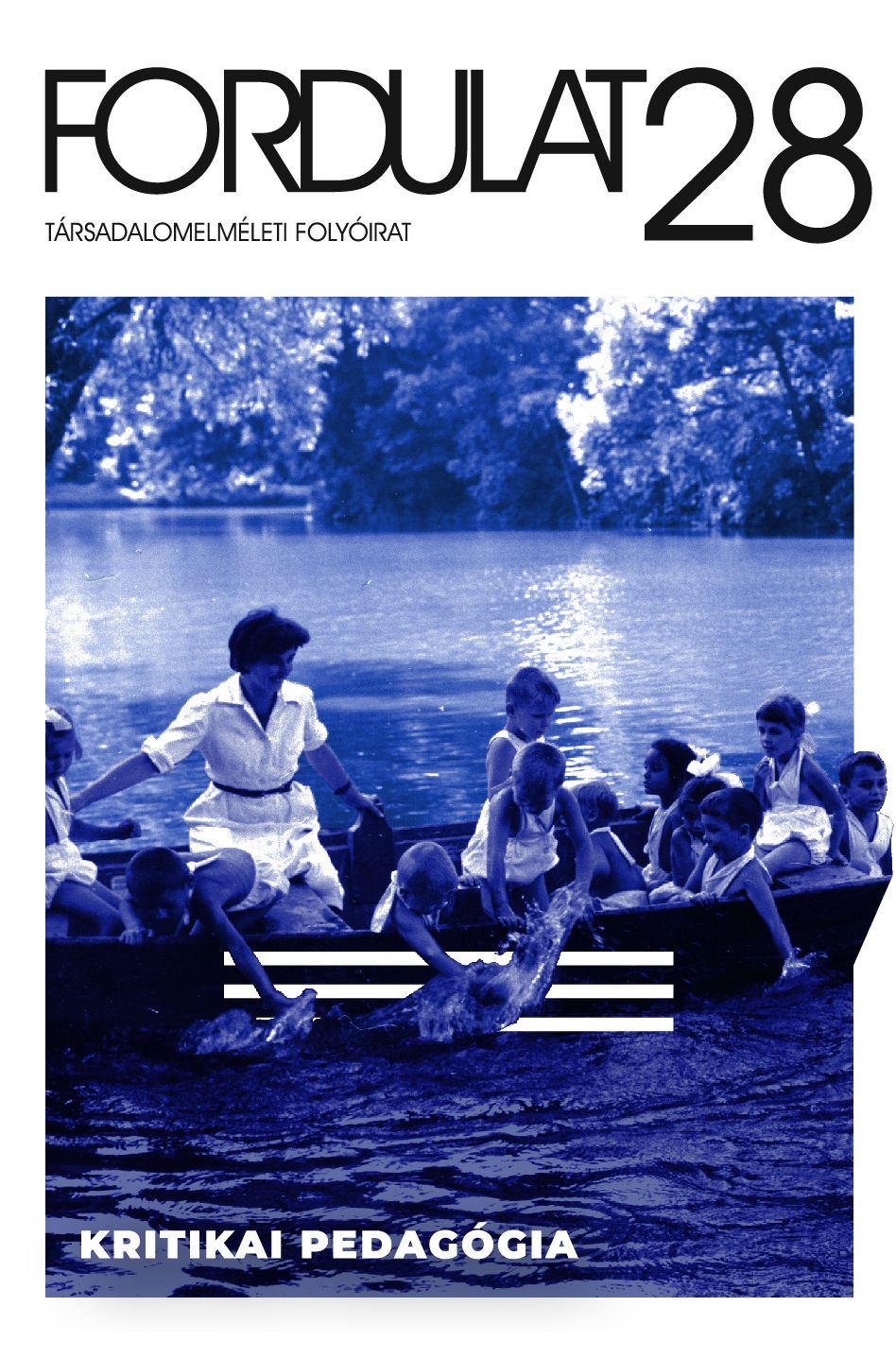Osztályhelyzet, együttes élmény, társas hatóképesség.
Class Position, Collective Experience, Social Capacity
The Contribution of Ferenc Mérei to the Pedagogy of Practice of The National Association of People's Colleges
Author(s): Zsolt K. HorváthSubject(s): History, Education, Psychology, Sociology, Social history, Recent History (1900 till today), Organizational Psychology, Social Theory, Rural and urban sociology, Sociology of Culture, Radical sociology , WW II and following years (1940 - 1949), Transformation Period (1990 - 2010), Fascism, Nazism and WW II, Cold-War History, Social Norms / Social Control, Sociology of Politics
Published by: Fordulat
Keywords: social movements;organic intellectuals;social mobility;sociology of intellectuals;psychology of education;radical psychology;radical pedagogy;
Summary/Abstract: The National Association of People's Colleges is often interpreted as a youth organization of the dictatorship and as an association that ensures the youth supply of the Communist Party. Although this view is not entirely illegitimate, it is simplistic insofar as it does not take into account 1) the pre-war people's colleges movement, 2) the nature of grassroots 3) its self- government 4) its role in social mobility 5) and its specific pedagogical and educational psychological aspirations. Of course, the comprehensive history of Nékosz cannot be the subject of such a short writing, so we will focus on elaborating points 3–5. Being the educational leader of Nékosz and researcher at the Institute of Psychology of the Institute of Education of Budapest, the psychologist Ferenc Mérei carried out numerous experiments in primary and secondary schools to develop the effectiveness of the emancipatory school. For him, the model of emancipatory education was the group experience of Nékosz.
Journal: Fordulat (2008-tól Új Folyam)
- Issue Year: 2021
- Issue No: 28
- Page Range: 78-100
- Page Count: 23
- Language: Hungarian

